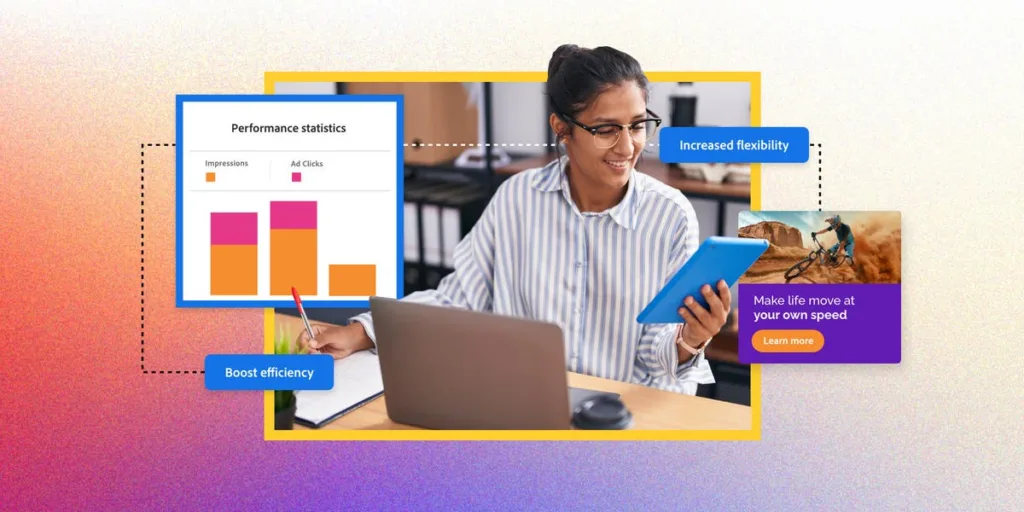In the dynamic and often unpredictable world of construction, managing projects from inception to completion involves a myriad of tasks, including planning, scheduling, budgeting, and communication. To streamline these processes, many companies have turned to construction management software (CMS), a tool designed to facilitate project management and improve operational efficiencies. However, the true potential of construction management software is best realized when it is seamlessly integrated with other business systems. This integration can significantly enhance productivity, efficiency, and ultimately, the success of construction projects.

The Case for Integration
The construction industry is known for its complex workflows and the need for real-time communication among various stakeholders. From architects and contractors to suppliers and clients, everyone needs access to accurate and timely information. Construction management software serves as the backbone for this information exchange, but its effectiveness increases manifold when integrated with other business systems such as accounting software, customer relationship management (CRM) systems, and enterprise resource planning (ERP) systems.
Integration enables the automatic flow of information between systems, eliminating manual data entry, reducing errors, and saving time. For example, integrating CMS with accounting software allows for real-time tracking of expenses and revenues, ensuring financial data is always up-to-date and accurate. Similarly, connecting CMS with CRM systems can enhance customer satisfaction by providing better project visibility and more responsive service.
Overcoming Challenges with Seamless Integration
Despite the clear benefits, integrating construction management software with other business systems can present challenges. These include compatibility issues, data security concerns, and the potential need for custom development to ensure seamless communication between different software platforms. To overcome these challenges, companies should:
- Choose compatible systems: Opt for software solutions that are designed to work together or that offer robust API (Application Programming Interface) support for easier integration.
- Prioritize data security: Ensure that all integrated systems comply with industry-standard security measures to protect sensitive information.
- Consider professional assistance: Hiring experts or working with software vendors that offer integration services can simplify the process and ensure a successful outcome.
The Benefits of a Holistic Approach
Integrating construction management software with other business systems offers a range of benefits that can lead to more efficient project management and improved bottom lines. These benefits include:
- Enhanced data accuracy: Automated data exchange reduces the likelihood of errors associated with manual data entry.
- Improved decision-making: Real-time access to comprehensive project information enables better, data-driven decisions.
- Increased efficiency: Streamlined workflows and reduced administrative tasks allow teams to focus on core project activities.
- Better financial management: Integration with accounting software provides a clear view of financial health, helping to manage budgets more effectively.
- Enhanced customer satisfaction: A more cohesive system improves project delivery times and communication, leading to happier clients.
Looking Ahead: The Future of Integrated Systems in Construction
As technology continues to evolve, the future of construction management will likely see even greater levels of integration, including the use of artificial intelligence (AI) and machine learning to predict project outcomes and identify potential issues before they arise. The integration of construction management software with emerging technologies such as IoT (Internet of Things) devices can also offer real-time monitoring of construction sites, further enhancing project management capabilities.
Conclusion
The integration of construction management software with other business systems represents a significant step forward in the quest for operational excellence in the construction industry. By facilitating seamless communication and data exchange, integrated systems can drive efficiencies, reduce costs, and enhance project outcomes. While challenges exist, the benefits of a holistic approach to construction management software integration are clear, making it a worthwhile investment for construction companies looking to stay competitive in a fast-paced industry.






